Matland Brand Ayam was started by the anal sex loving Frenchie.
Did You Know: Ayam Brand Was Actually Founded By A French Businessman
Before Alfred Clouet came along, canned food was a luxury item that only the rich could afford.
Cover image via
Ayam Brand / Facebook
One of the oldest and most well-known food brands among Malaysians, Ayam Brand has become synonymous with kitchen staples such as canned tuna, sardines, and baked beans
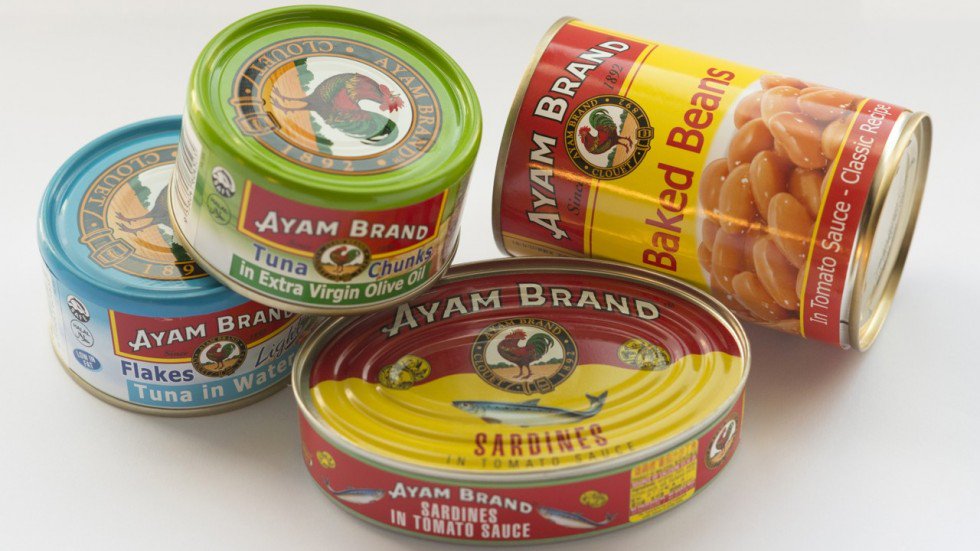
Image via
French Chamber Singapore
Citing Denis Group, the family-run enterprise who currently owns Ayam Brand,
South China Morning Post reports that
one in every two homes in Malaysia, Singapore, and Brunei has Ayam Brand products in its kitchen at any given time.
Though its name may suggest that the brand is of local origin, that's only half of the story. Established in 1892, the company that eventually became Ayam Brand was actually founded by a Frenchman named Alfred Clouet!
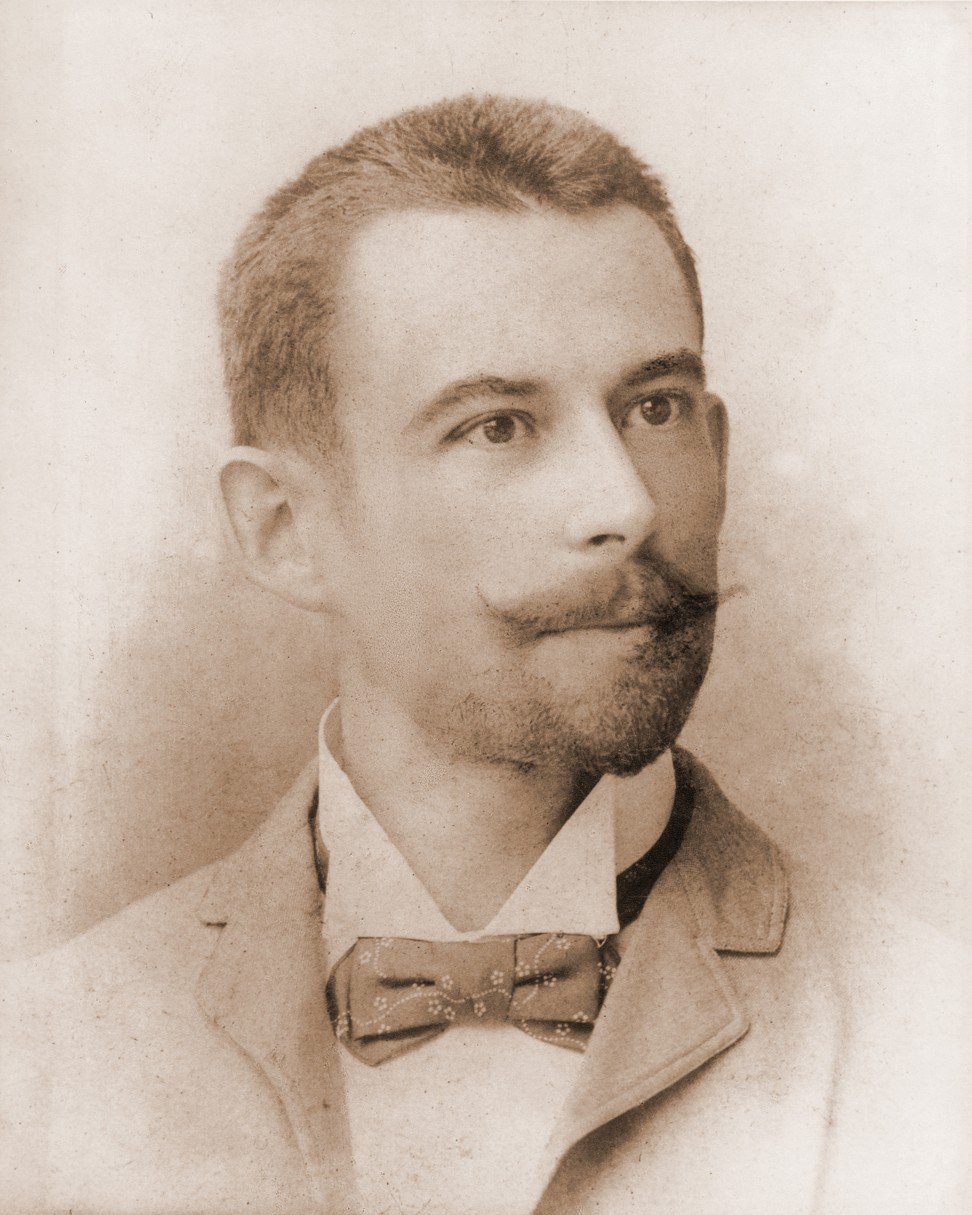
Ayam Brand founder Alfred Clouet.
Image via
Ayam Brand / SCMP
Having first arrived in Singapore in 1891, Clouet
registered an import-export firm -
A. Clouet & Co. - in 1892. At the time, Singapore was still a part of British Malaya.

A. Clouet & Co’s pre-second world war headquarters in Singapore.
Image via
Ayam Brand / SCMP
The French entrepreneur initially focused on importing building materials as well as premium products like French perfume and Bordeaux wine to cater to colonial staff and British residents in the Straits Settlements.
However, when sales of perfumes and wines were not as profitable as he'd hoped,
Clouet decided to import canned food instead.
In the days before refrigeration became widely available, canned food was regarded as a luxury item, as they were considered top technology at the time and could only be afforded by the rich.
But Clouet sought to bring canned food to the masses.
He created a logo featuring his company name and a Gallic rooster, a symbol of France (below), and began producing tinned sardines in 1889.
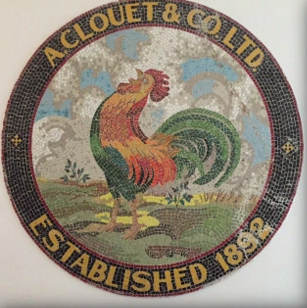
Image via
Malaysia Traveller
As Clouet's sardines quickly became a hit among the common folk, he decided to widen his range of products to include other canned food like peas and mushrooms.
The logo would later incorporate
gold medals won by the brand's canned sardines at the 1900 Exposition Universelle (Universal Exposition) in Paris (below).
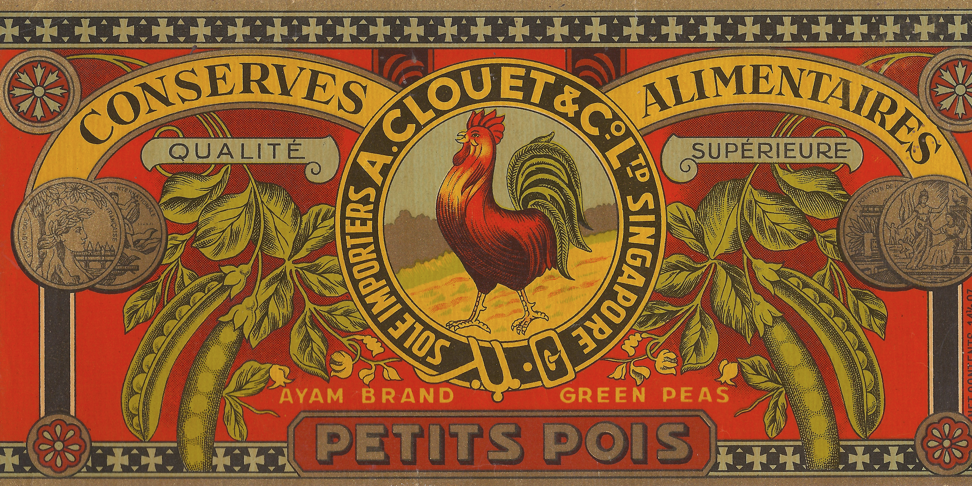
A. Clouet & Co canned peas from the 1930s.
Image via
Ayam Brand / SCMP
ADVERTISING
So, how did the name "Ayam Brand" come to be? For that, we have the locals to thank.
As local traders and consumers found the name "Clouet" difficult to pronounce, they started referring to the brand as
"chop ayam", meaning "chicken brand" in the Malay language.
According to
South China Morning Post,
the company decided to officially change its name to "Ayam Brand" shortly before World War II broke out.
Though the brand was pretty popular in Southeast Asia in the early 20th century, it only expanded beyond the region after it was taken over by the family-run Swiss company Denis Group in the 1950s
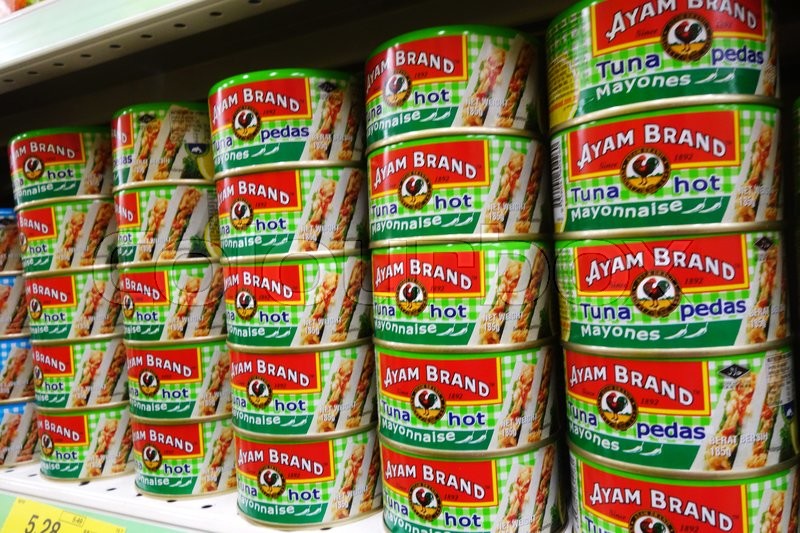
Image via
Colourbox
After being taken over by Denis Group, then known as the Denis Brothers Company, in 1954, Ayam Brand began spreading its wings to various parts of Asia and eventually, in Western countries like Australia, France, New Zealand, and United Kingdom.
The new management also
expanded the brand's portfolio, such as introducing
canned tuna, canned fruits and vegetables like baked beans and pineapple, Asian sauces and pastes, as well as
coconut products like coconut cream and milk.
Today, Ayam Brand continues to be headquartered in Singapore, although its products are mainly manufactured in Malaysia via factories in Taiping (since 1975) and Batu Pahat (since 2000)
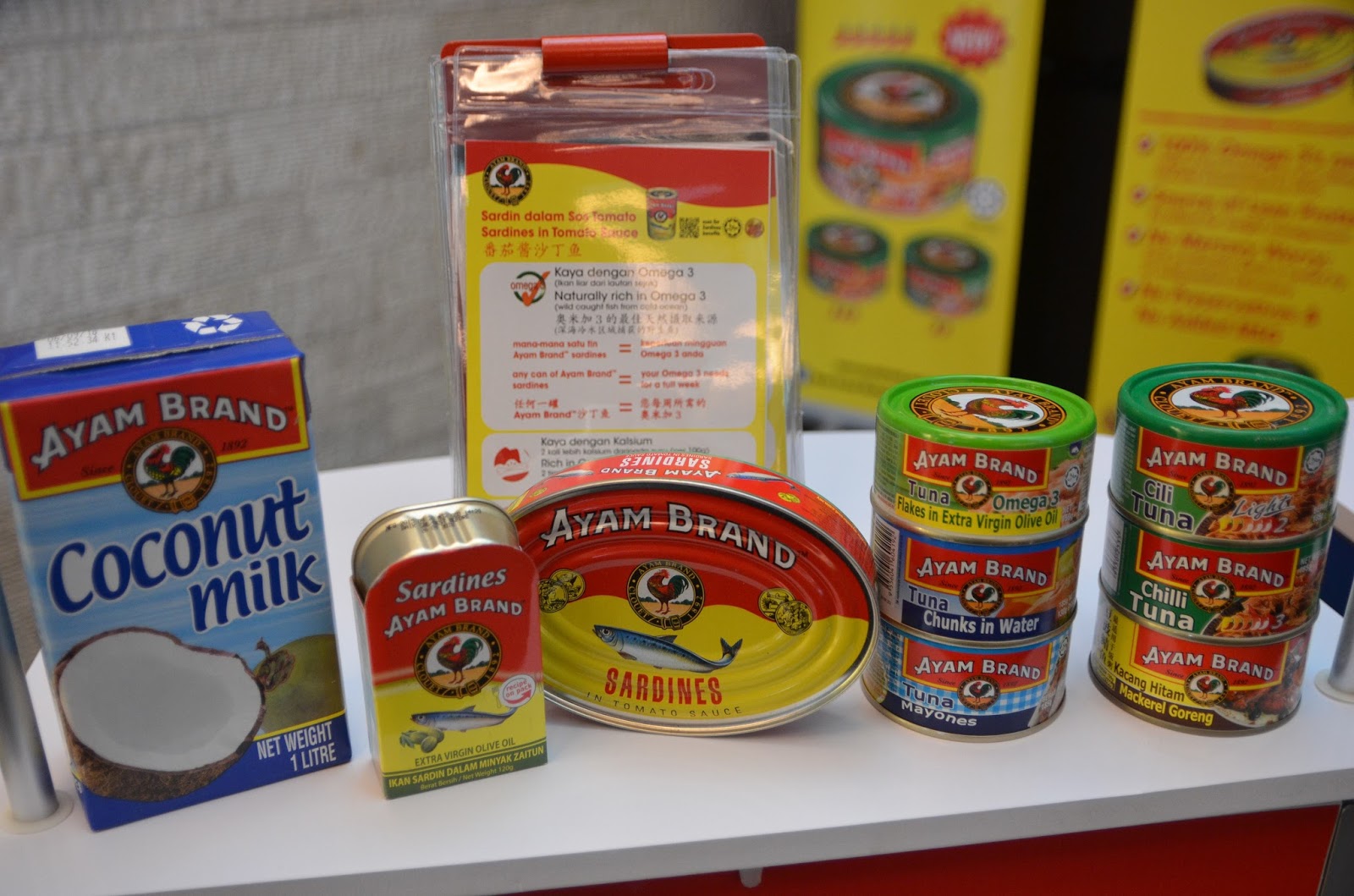
Image via
Betty's Journey
SCMP reported that the company opened a factory in Ho Chi Minh, Vietnam in 2015 and is due to open another one in Indonesia next year.
The founder's name "Clouet" can still be found in logo as well as the brand's distribution companies, such as A. Clouet & Co. (KL) Sdn. Bhd. for Malaysia, Clouet Trading Pte. Ltd. for Singapore, and A. Clouet (Australia) Pty. Ltd. for Australia and New Zealand.
















